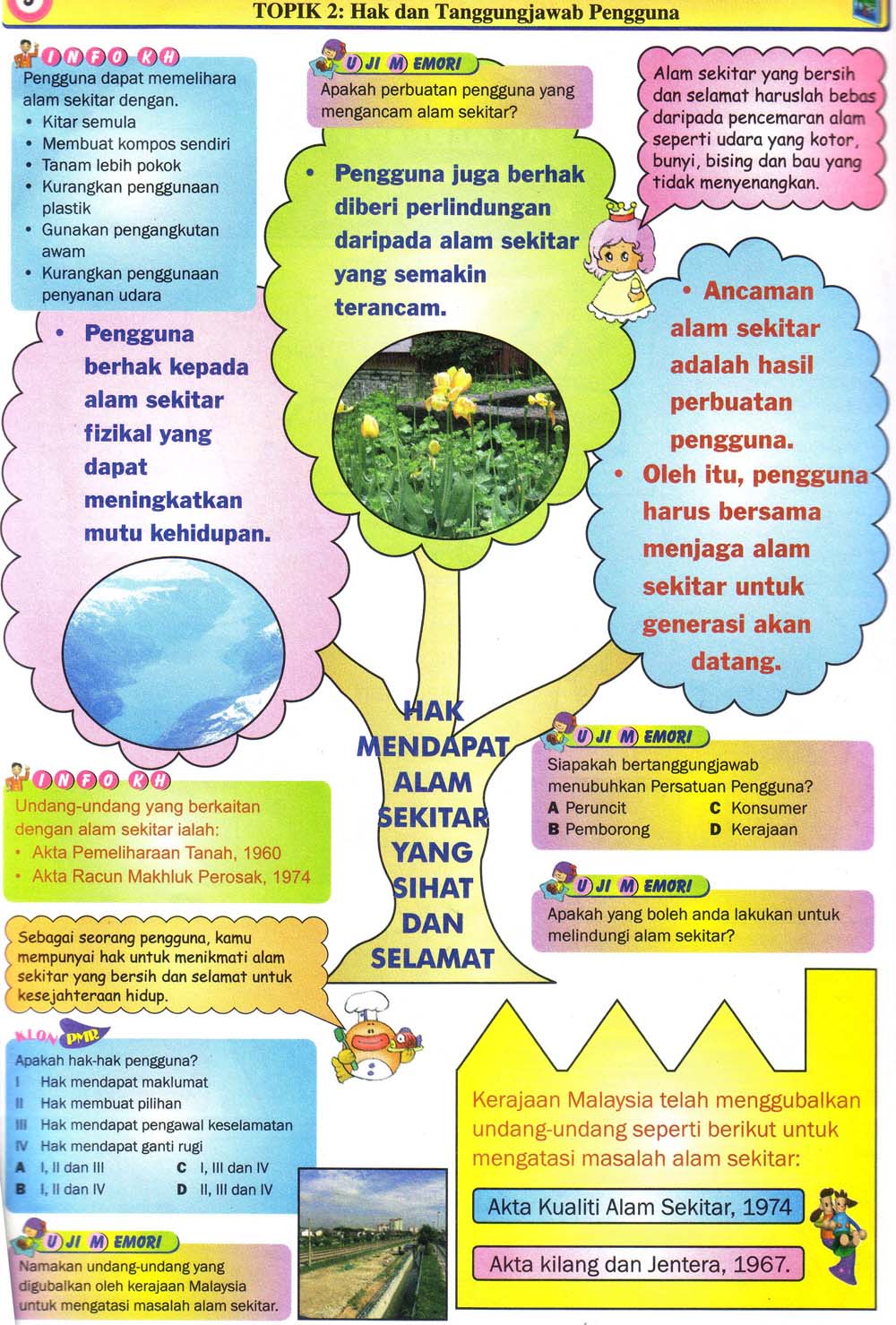The Unseen Impact: Plastic Pollution and Our Environment
Our planet, a tapestry of vibrant ecosystems and breathtaking landscapes, is facing an insidious threat. We've all heard the whispers, seen the unsettling images, but the reality is far more pervasive than we might imagine. Plastic, a material designed for durability, has become an unwelcome guest, lingering in our environment and disrupting the delicate balance of nature.
It's not just the plastic bags caught in the wind or the water bottles washed ashore – it's the microplastics, fragments almost invisible to the naked eye, infiltrating our water sources and even the air we breathe. These tiny particles, often mistaken for food by marine life, are setting off a chain reaction, impacting entire ecosystems and ultimately, our own well-being.
The sheer scale of the problem can feel overwhelming, but understanding the root causes and consequences of plastic pollution empowers us to make conscious choices. This isn't just about reducing our plastic consumption – it's about rethinking our relationship with this ubiquitous material and embracing a more mindful approach to our planet's well-being.
From its humble beginnings as a revolutionary invention, plastic quickly rose to prominence, promising convenience and versatility. But as production skyrocketed, so too did the unintended consequences. We became accustomed to single-use plastics, unaware of the long-term impact on our environment.
The issue of plastic pollution transcends geographical boundaries. It's a global challenge demanding collective action. By understanding the journey of plastic, from production to disposal, we can identify opportunities to intervene and shift towards a more sustainable future.
The impact of plastic pollution on wildlife is particularly alarming. Sea turtles mistake plastic bags for jellyfish, a vital part of their diet. Seabirds, drawn to the scent of algae that accumulates on floating plastic debris, ingest these fragments, often with fatal consequences.
Beyond the visible impact on wildlife, plastic pollution has far-reaching consequences for human health. Microplastics have been found in our drinking water, seafood, and even the air we breathe. While the long-term health effects are still being studied, their presence in our food chain raises serious concerns.
The good news is that awareness about plastic pollution is growing, and with it, a wave of innovative solutions. From biodegradable alternatives to plastic-eating enzymes, scientists and entrepreneurs are exploring new frontiers in the fight against plastic waste.
But technology alone cannot solve this crisis. It requires a fundamental shift in our mindset, a collective recognition of our interconnectedness with nature. We must move beyond the convenience of single-use plastics and embrace a more conscious approach to consumption.
Every small step we take, whether it's refusing a plastic straw, carrying a reusable water bottle, or supporting businesses committed to sustainability, contributes to a larger solution. Together, we can turn the tide on plastic pollution and create a healthier planet for generations to come.
Elevate your sanctuary the transformative power of above bed art
Navigating the korean dmv written exam
Unlocking the waves your guide to kids wakesurf boards with straps











